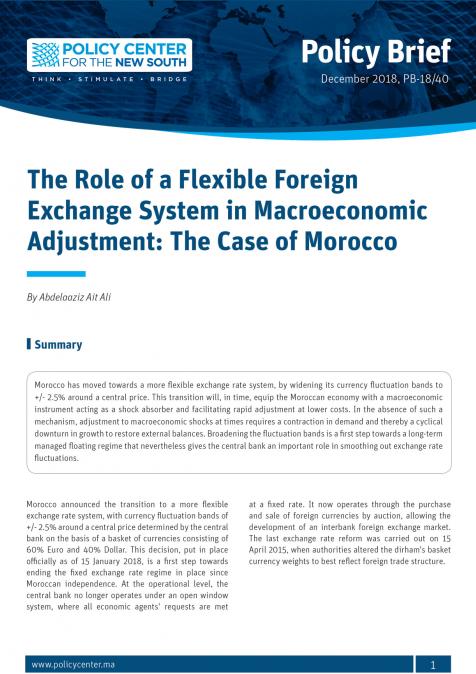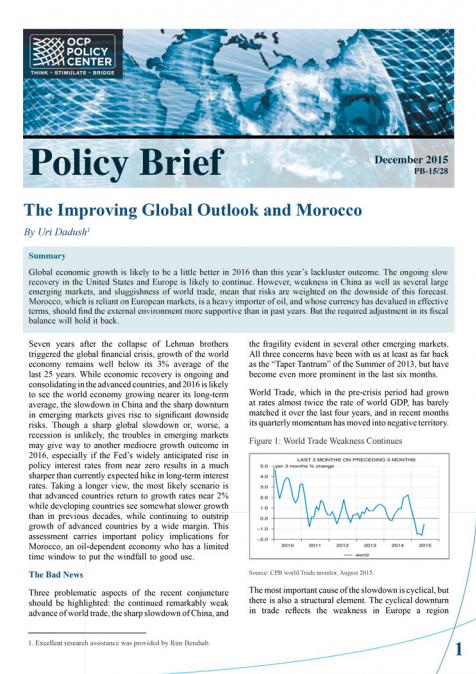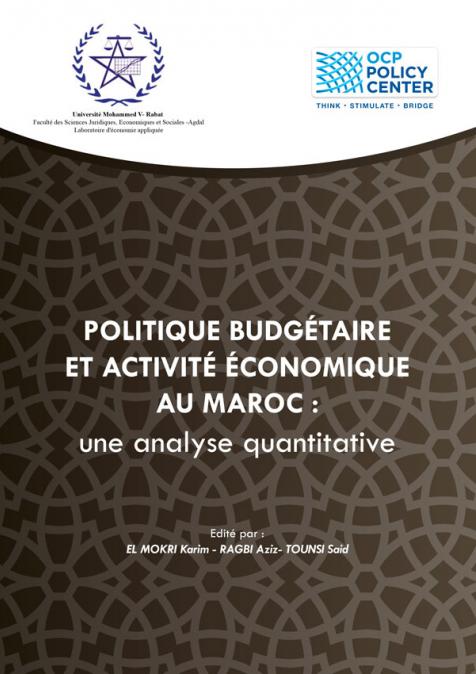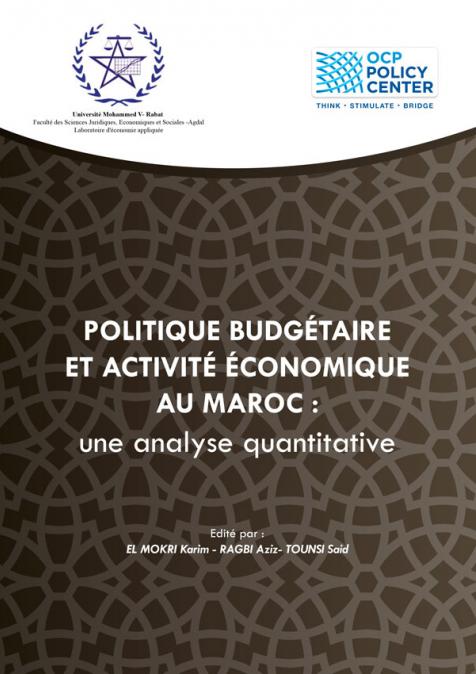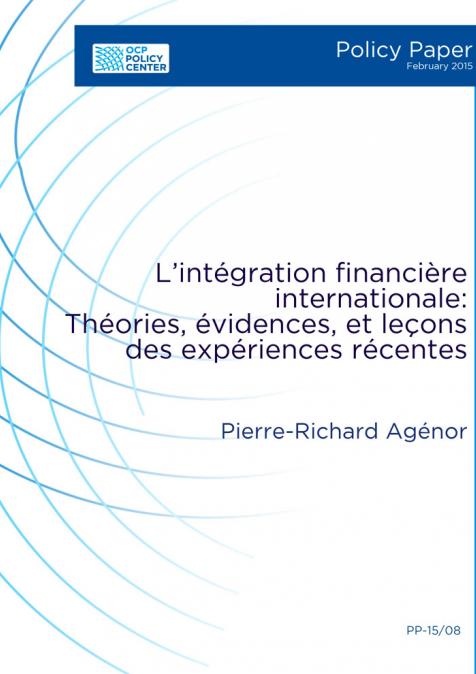Publications /
Policy Brief
Morocco has moved towards a more flexible exchange rate system, by widening its currency fluctuation bands to +/- 2.5% around a central price. This transition will, in time, equip the Moroccan economy with a macroeconomic instrument acting as a shock absorber and facilitating rapid adjustment at lower costs. In the absence of such a mechanism, adjustment to macroeconomic shocks at times requires a contraction in demand and thereby a cyclical downturn in growth to restore external balances. Broadening the fluctuation bands is a first step towards a long-term managed floating regime that nevertheless gives the central bank an important role in smoothing out exchange rate fluctuations.

